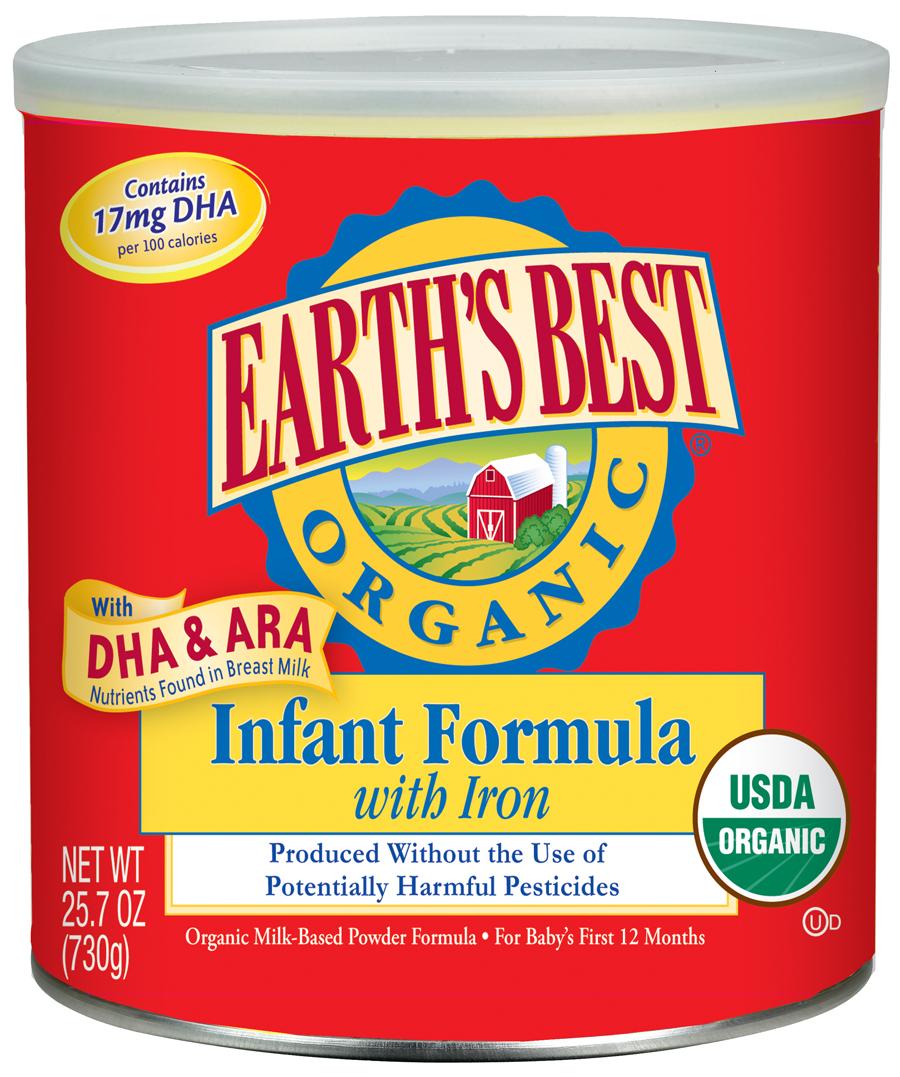One option for feeding a baby is organic formula. With more families concerned about the health risks of products for their children and more people aware of their impact on the environment, this type of formula is growing in popularity.
One option for feeding a baby is organic formula. With more families concerned about the health risks of products for their children and more people aware of their impact on the environment, this type of formula is growing in popularity.
No Harmful Pesticides
From start to finish, organic baby formula is carefully produced according to organic farming guidelines and specific USDA organic standards that allow it to be labeled "organic." Organic baby formula must be produced using only ingredients that are grown without harmful pesticides, including sulfur dioxide and hexane. Plus, organic farmers don’t use synthetic herbicides, insecticides or bovine growth hormones for their cows. They must also feed their cows only organic food.
No Genetically Engineered Ingredients
According to the nonprofit Organic Consumers Organization, possible health hazards of genetically engineered ingredients include the introduction of toxins and poisons into foods; increased cancer risks; increased food allergies by consumers; decreased nutritional value; antibiotic resistance; and increased pesticide residue. Organic baby formula does not use genetically engineered ingredients.
No Unnecessary Extras
Organic baby formula usually doesn’t contain salt, modified starches, refined sugars, or artificial flavors, colors or preservatives.
Whole Grains
Organic baby formula is generally made using whole grains. As stated by the United States Department of Agriculture, "People who eat whole grains as part of a healthy diet have a reduced risk of some chronic diseases. Grains provide many nutrients that are vital for the health and maintenance of our bodies." Giving your baby a healthy start by choosing organic formula with whole grains gives your baby a head start on a healthy lifestyle.
Caveats
The biggest downside to organic baby formula is its price. It can be several dollars or more over non-organic varieties, and for a growing baby who needs plenty of milk every day, that cost can add up. As more companies get into the market, however, prices will likely fall.





